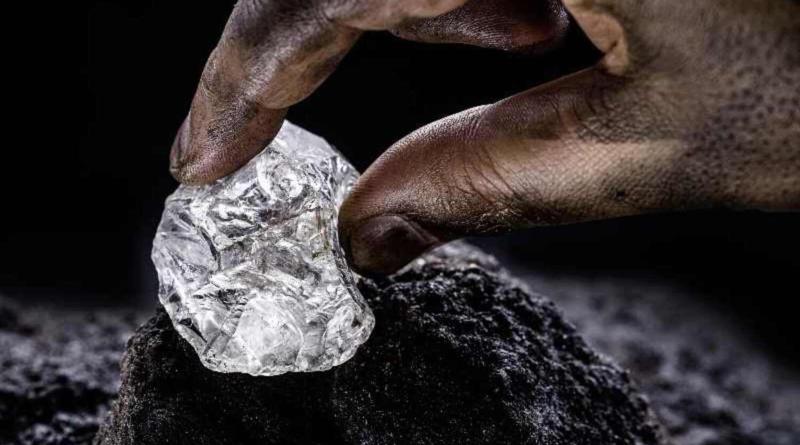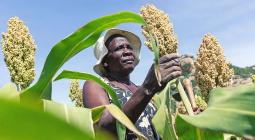THE BAN ON THE EXPORT OF UNPROCESSED MINERALS IN AFRICA IS BECOMING A TREND

In college, one of the most debated topics in argumentative essays was whether Nigeria’s wealth was a blessing or curse. Supporters on both sides often had compelling arguments to bolster their stance, but they always agreed on the fact that Nigeria is undeniably blessed. This fundamental premise formed the basis for all discussions. Several years after, I find myself compelled to revisit the question, but this time within the broader African context.
From oil reserves in Nigeria to lithium pits in Congo, Africa is immensely blessed. The continent holds a huge proportion of the world’s natural resources, both renewables and non-renewables. According to the United Nations, Africa is home to about 30 per cent of the world’s mineral reserves, 12 per cent of the world’s oil and 8 per cent of the world’s natural gas reserves. The largest reserves of minerals including cobalt, diamonds, platinum, Lithium and uranium in the world are in Africa. The continent still holds 65 per cent of the world’s arable land and ten per cent of the planet’s internal renewable freshwater source. The statistics are countless.
But despite Africa’s immense mineral wealth, the continent is yet to reap the financial benefits due to a lack of policies to promote value addition. Africa is said to be losing over $60 billion a year in illegal outflows and price manipulation in the extraction of minerals, with most of the proceeds going offshore.
However, in recent times, African nations have started addressing the issue of exploitation, seizing every opportunity to stop it. Last Thursday, the Namibian government imposed a ban on the export of unprocessed lithium and other critical minerals. The move is aimed to capitalize on the increasing global demand for metals utilized in clean energy technologies, ensuring potential economic benefits for Namibia.
The southern African country has significant deposits of lithium, which is vital for renewable energy storage, as well as rare earth minerals such as dysprosium and terbium needed for permanent magnets in the batteries of electric cars and wind turbines. Namibia’s lithium industry could be worth up to $13.9 billion or 6.7% of the country’s gross domestic product (GDP) per year and could pump up to $4.6 billion into government coffers in taxes and royalties annually.
Namibia is also one of the top global producers of uranium and gem-quality diamonds, but its battery metals are attracting growing interest as the world shifts away from polluting fuels to renewable energy.
This is not the first time an African country is placing a ban on the exportation of unprocessed critical minerals. Last December, Zimbabwe prohibited the export of raw lithium from its mines so it can cash in on value addition and stop losing billions of dollars in mineral proceeds to foreign companies. With continued high international demand, Zimbabwe is projected to become one of the world’s largest lithium exporters, with the government hoping to meet 20% of the world’s total demand for lithium when it fully exploits its known lithium resources.
Similarly, last year, Nigeria had rejected Tesla Inc’s request to mine lithium, unless the company double down on value addition by situating a battery-making factory in the West African nation.
This exemplifies a fast-growing trend, and it is indeed encouraging to witness. By requiring that minerals and resources be processed within their borders, African countries can capture a greater share of the value chain, leading to increased revenue, technology transfer, and skill development. This approach not only enables the host country to retain a larger portion of the economic benefits but also encourages the growth of downstream industries and promotes sustainable development.
However, it is essential for governments to implement these measures with careful consideration and proper governance to maximize the benefits and mitigate potential risks. Returning to my initial point, Africa’s wealth is indeed a blessing.
cover photo:Photograph — ESI Africa




